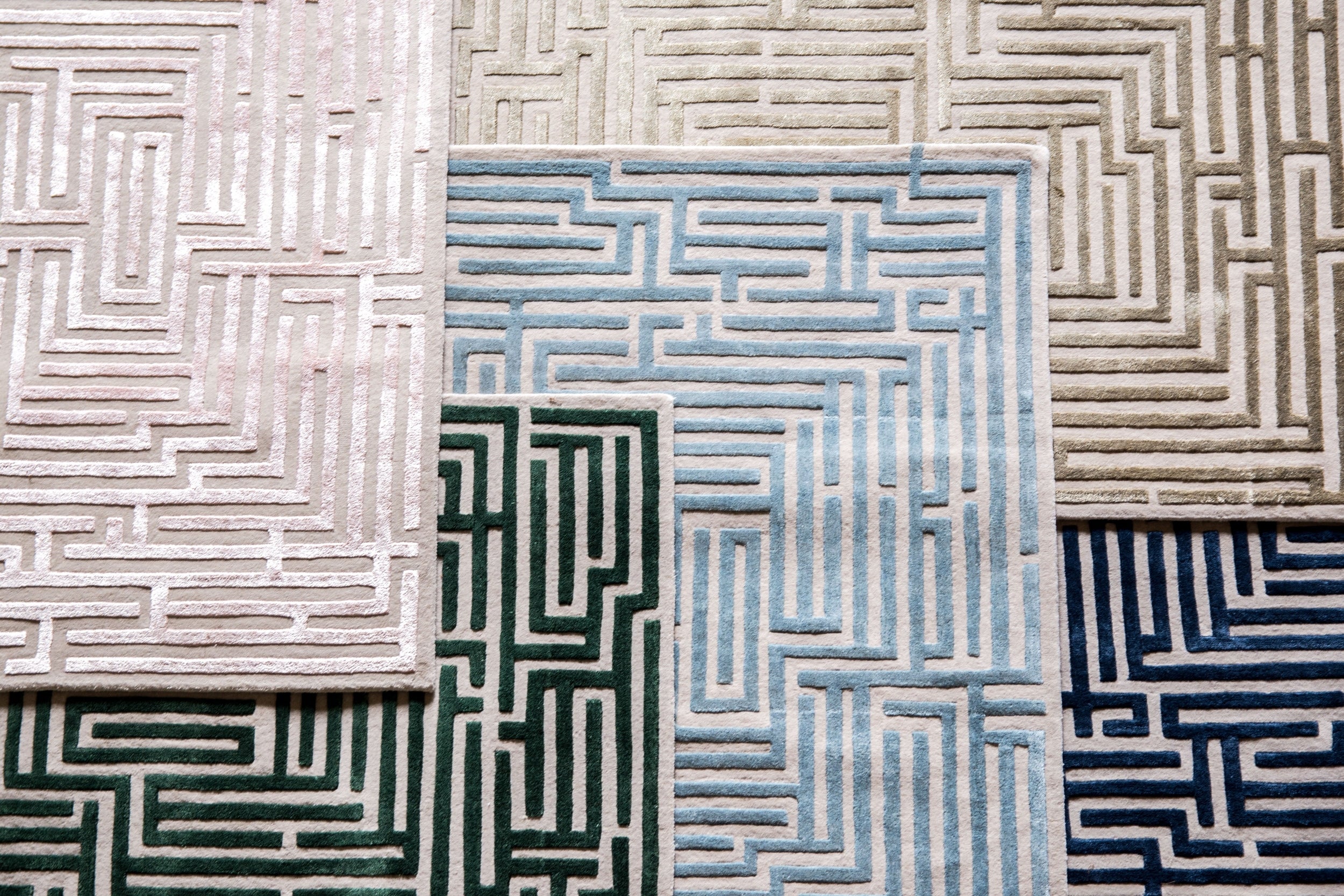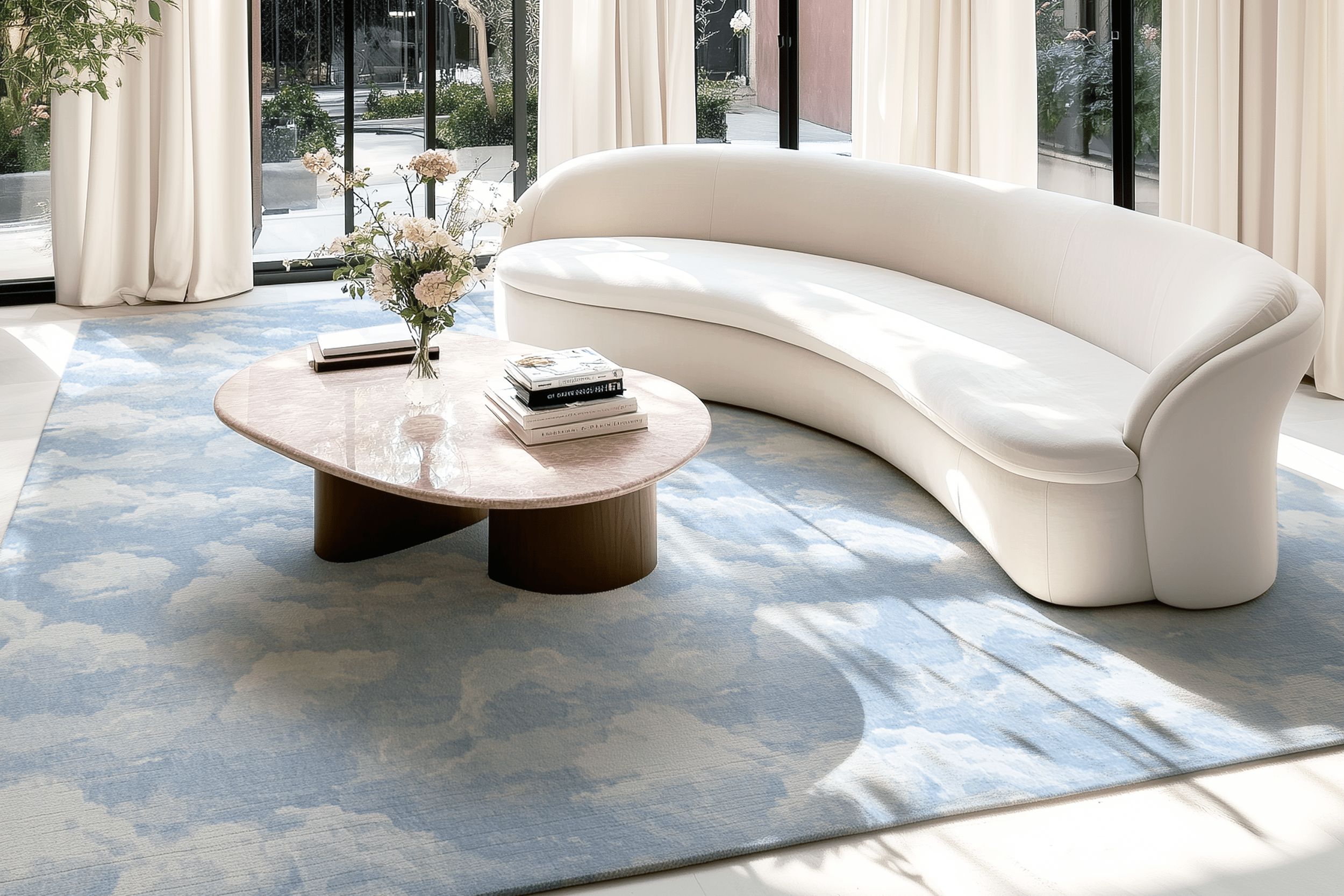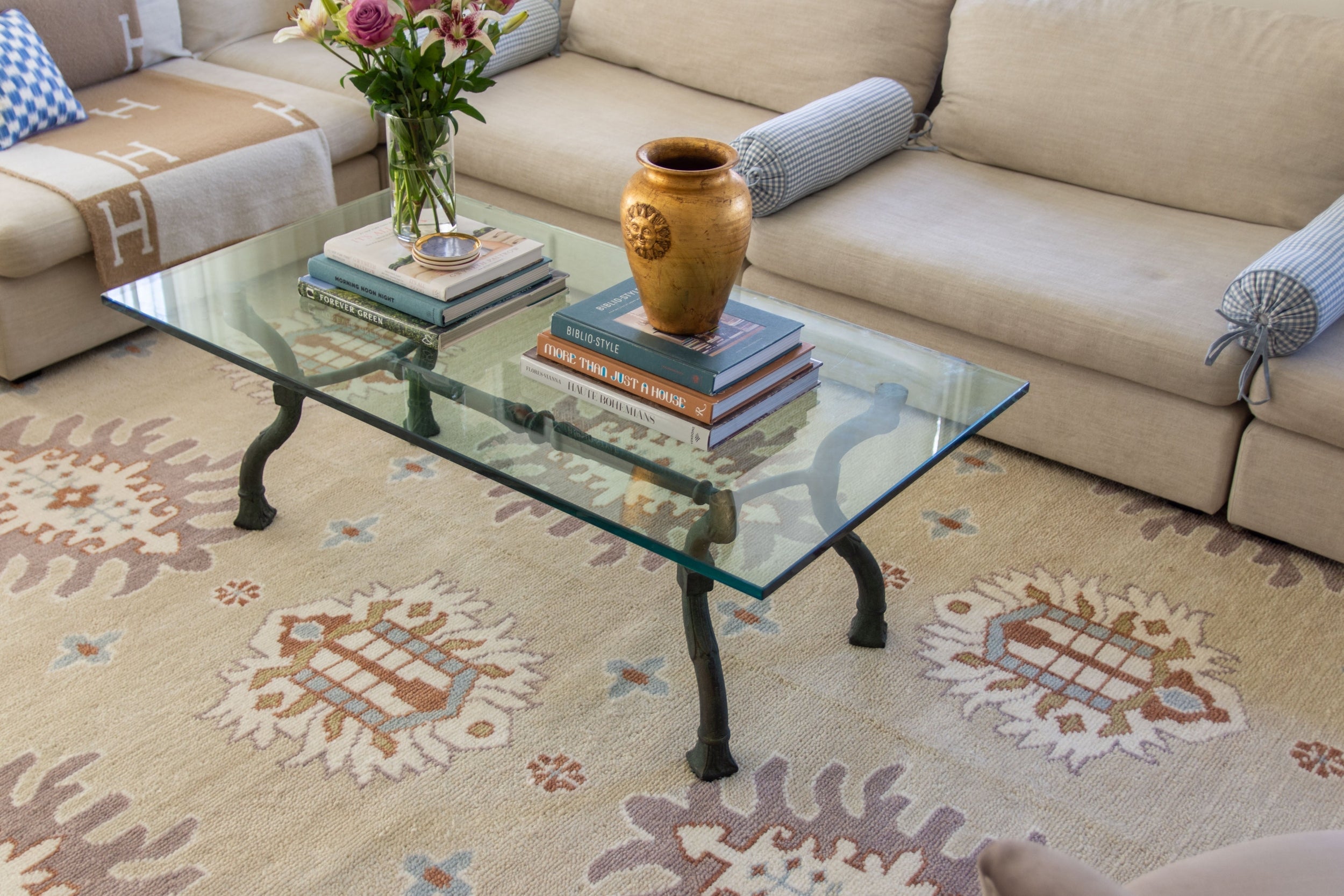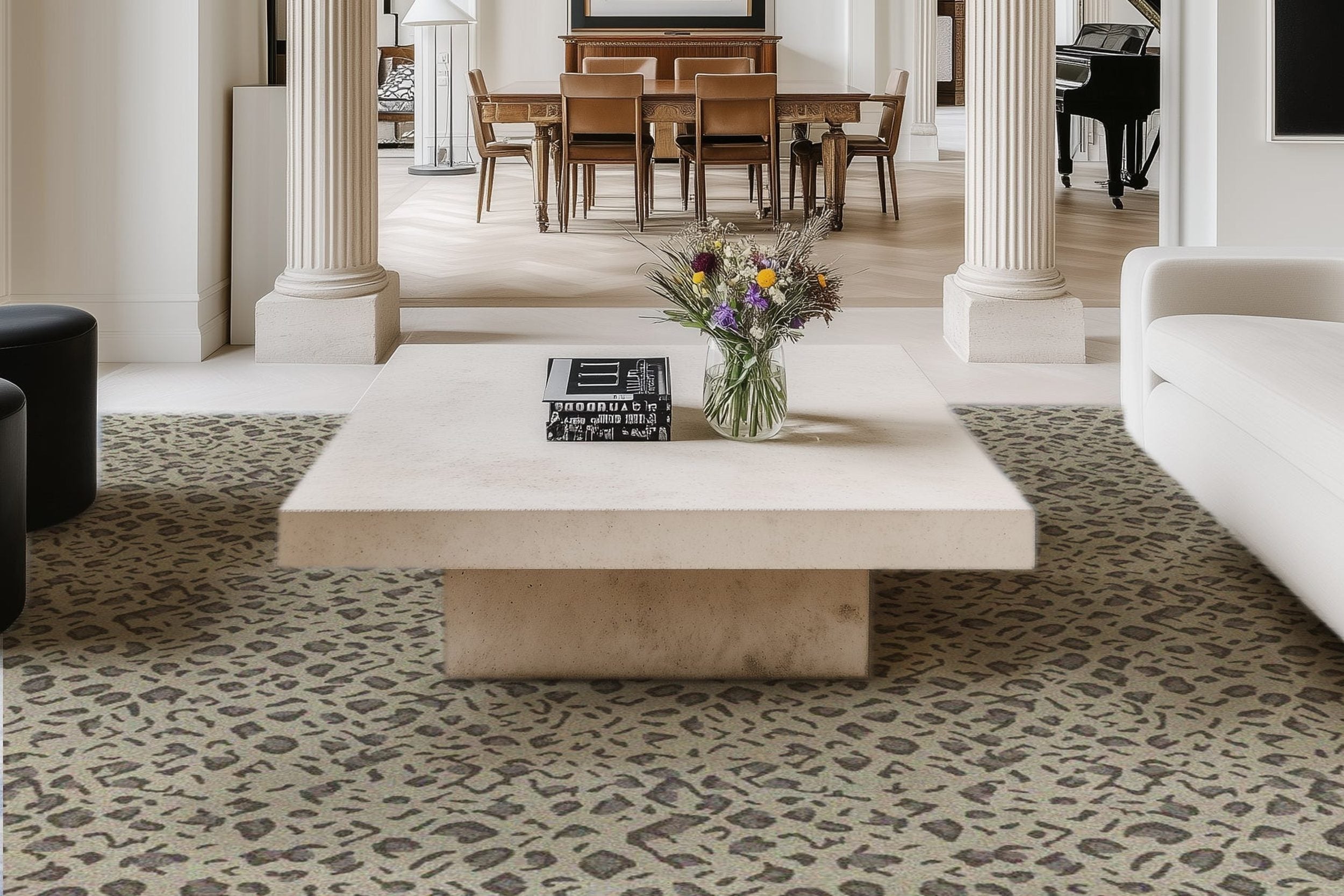Modern Home Renovations: Sustainable Energy and Healthier Living

Today's renovations embrace sustainable energy solutions and health-focused designs, transforming houses into eco-friendly havens. Imagine a stylish home that reduces your carbon footprint and boosts your well-being.
From energy efficiency to renewable resources and healthier materials, these modern upgrades promise a perfect blend of comfort, sustainability, and improved quality of life.
Dive into the world of innovative renovations and discover how to make your home a model of green living and wellness.
Sustainable Energy Solutions
Incorporating sustainable energy solutions into home renovations is essential for reducing environmental impact and creating energy-efficient living spaces. Here are some key solutions and their examples:
|
Innovation |
Benefits and Implementation |
Specific Applications |
|
Energy Efficiency |
Reduces energy consumption and enhances home efficiency |
Upgrading insulation, installing energy-efficient windows and doors, using smart thermostats, and LED lighting |
|
Renewable Energy |
Generates clean energy, reducing reliance on fossil fuels and lowering carbon footprint |
Installing solar panels, wind turbines, and geothermal heating and cooling systems |
|
Green Building Materials |
Utilizes sustainable and low-impact materials to improve energy efficiency and environmental health |
Reclaimed wood, recycled steel, bamboo flooring, and low-VOC paints |
|
Water Conservation |
Promotes efficient water usage and management, conserving a vital resource |
Low-flow showerheads and faucets, rainwater harvesting systems, and drip irrigation systems |
By integrating these sustainable energy solutions, homeowners can significantly reduce their environmental footprint while enhancing their home's efficiency and longevity.
Now, let's delve into how these renovations can create a healthier, more comfortable living environment for you and your family.
Healthier Living
Photo by Max Vakhtbovycn on pexels.com
Alt Text: modern clean house with a panoramic view
Enhancing your home's health features can significantly improve your family's well-being. With these renovations, you can create a cleaner and more comfortable living space. Let's explore some key strategies for achieving a healthier home.
Indoor Air Quality
Improving indoor air quality is an important element of health-oriented renovations.
- Proper ventilation reduces moisture levels, which deters pests that thrive in damp environments.
- Air purifiers remove particles and allergens that might attract pests, improving air quality.
- Non-toxic building materials eliminate chemical residues that can attract pests or interfere with pest control efforts.
These measures create a healthier environment by reducing allergens and pollutants and help maintain a pest-free home.
Natural Lighting
Incorporating natural lighting into your renovation can significantly enhance mood and well-being while reducing energy consumption. Here are some ways to maximize natural light:
- Strategic placement of new windows to optimize sunlight throughout the day
- Installation of skylights to bring in natural light from above
- Redesigning open floor plans to allow light to flow freely through the space
- Adding glass doors or walls to connect indoor spaces with outdoor light
- Incorporating light tubes to channel natural light into darker areas of the home
- Using reflective surfaces, like mirrors and light-colored paint, to amplify natural light
- Installing clerestory windows to bring light into deeper areas of the home
Biophilic Design
Biophilic design, which incorporates elements of nature such as indoor plants, natural materials, and water features, can create a calming and rejuvenating environment. This connection to nature within the home can significantly enhance mental and physical health.
Insulated Concrete Forms (ICFs)
Insulated Concrete Forms (ICFs) are a revolutionary building material that marries the strength of reinforced concrete with superior insulation. This construction method offers numerous benefits, making it an excellent choice for sustainable home renovations.
Benefits of ICFs
- Energy Efficiency: ICFs provide continuous insulation with no thermal bridging, significantly reducing energy loss and lowering heating and cooling costs.
- Durability: Homes built with ICFs are exceptionally strong and can withstand extreme weather conditions, including hurricanes and earthquakes.
- Sound Insulation: The dense construction of ICFs provides excellent soundproofing, creating a quieter and more peaceful indoor environment.
- Fire Resistance: ICF walls have a high fire resistance rating, enhancing the safety of your home.
- Indoor Air Quality: The airtight construction reduces drafts and potential entry points for allergens, contributing to better indoor air quality.
Applications of ICFs
- Foundation and Basement Walls: Using ICFs for foundations and basement walls ensures a solid, insulated base that resists moisture and temperature fluctuations.
- Exterior Walls: Constructing exterior walls with ICFs provides superior insulation and structural integrity, contributing to overall energy efficiency.
- Sound Barriers: ICFs can also be used for interior walls to create soundproof rooms, ideal for home offices or media rooms.
This innovative building technology aligns perfectly with the goals of sustainable and health-focused home improvements.
|
Expert Tips: Implement greywater recycling systems to reuse water from sinks, showers, and laundry for irrigation and flushing toilets. |
Implementation Strategies
Photo by Freepik on freepik.com
Alt Text: male architect engineer drawing a blueprint
Successfully incorporating sustainable and health-focused renovations into your home requires careful planning and execution. By following a strategic approach, you can maximize the benefits of these upgrades while managing costs and timelines effectively.
This section provides essential steps to guide you through the process, from initial assessment to phased implementation and ongoing education.
Assessment and Planning
The first step in modern home renovations is conducting an energy audit and health assessment of your current home. This helps identify areas for improvement and prioritize renovation projects based on impact and budget.
Professional Consultation
Working with architects, builders, and interior designers who specialize in sustainable and health-focused renovations can ensure that your projects are executed effectively and to the highest standards.
Phased Renovations
Renovations can be done in phases, prioritizing high-impact projects first. This approach allows homeowners to manage budgets effectively and gradually transform their homes.
Education and Awareness
Staying informed about the latest trends, technologies, and best practices in sustainable and healthy home design is essential. Homeowners can make better decisions and stay ahead of the curve by continuously educating themselves.
|
Fun Fact: Green roofs, covered with vegetation, can reduce urban heat islands, provide natural insulation, and create habitats for wildlife. |
Maintenance Tips
Photo by senivpetro on freepik.com
Alt Text: male worker cleaning the solar panels using a brush
Regular maintenance is important for maximizing the effectiveness and longevity of your sustainable and health-focused home improvements.
Solar Panels
- Cleaning: Regularly clean and inspect solar panels to ensure they are free of debris and functioning at maximum efficiency.
- Monitoring: Use monitoring systems to track energy production and identify issues early.
HVAC Systems
- Air Filters: Change air filters every 1-3 months to maintain good indoor air quality and system efficiency.
- Inspections: Schedule annual inspections and maintenance for your HVAC system to ensure it operates efficiently.
Green Building Materials
- Cleaning Products: Use appropriate cleaning products for materials like bamboo flooring or low-VOC paints to preserve their integrity and health benefits.
- Re-sealing: Periodically re-seal materials like bamboo or reclaimed wood to maintain durability and appearance.
Water Conservation Systems
- Leak Inspections: Regularly inspect rainwater harvesting systems for leaks and clean out gutters to ensure efficient water collection.
- Filter Maintenance: Maintain and replace filters in water systems as recommended to ensure water quality and system efficiency.
Conclusion
Sustainable renovations offer significant long-term cost savings, improved living quality, and environmental benefits by reducing energy and water use and enhancing indoor air quality. They also increase property value, appealing to eco-conscious buyers.
By incorporating renewable energy sources and staying informed about the latest technologies, homeowners can ensure their homes remain efficient and health-focused.
Sustainable renovations are an investment in your health and the planet's well-being.
Browse by Category

Design Projects
Explore interiors from client work and personal renovations — layered, livable, and always in progress.
read more →
Collaborations
From product launches to styled spaces, discover the brand stories I’ve helped bring to life.
read more →
The Notebook
A growing archive of iconic designers, inspiring artists, and unforgettable design moments.
read more →
Travel by Design
Wander with a designer’s eye — from charming hotels and city guides to visual inspiration abroad.
read more →




